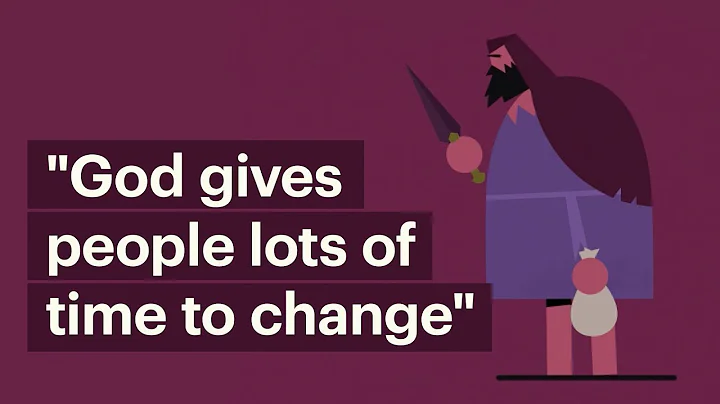When educating children, have you ever encountered this situation: you always repeat the same sentence to your child, but he always can't do it? Even sometimes deliberately contradict you?

When a child makes a mistake, parents will criticize the same thing once, twice, three times, or even four or five times, making the child go from feeling guilty and restless to impatient or even disgusting. When you are "forced", you will have a rebellious mentality and behavior of "I have to do this".

This phenomenon of rebellious psychology caused by excessive stimulation or acting for too long is called the "over-limit effect" in psychology.
The classic example of the "translimit effect" comes from the following story:
Mark Twain Once when he was listening to a pastor's speech, he initially felt that the pastor's speech was good and planned to donate;
After 10 minutes, the pastor had not finished speaking, and he did not He became impatient and decided to donate only some change;
another 10 minutes passed and the pastor had not finished speaking, so he decided not to donate.
When the pastor finally finished his speech and started to collect donations, the extremely angry Mark Twain not only did not donate any money, but also stole 2 yuan from the plate.

The "over-limit effect" reflects several problems in the communication process, such as: being self-centered; not paying attention to methods and methods; failing to pay attention to the grasp of "degree"; and failing to think from others' perspective.
"Over-the-limit effect" often occurs in family education. Parents cannot criticize their children beyond the limit. If they make a mistake, they can only criticize them once. If you must criticize again, do it from a different angle or another way of saying it. In this way, children will not feel that they are "clinging on" for the same mistakes, and their boredom and rebelliousness will be reduced accordingly.

Learn some psychology and grow up with your children.





















